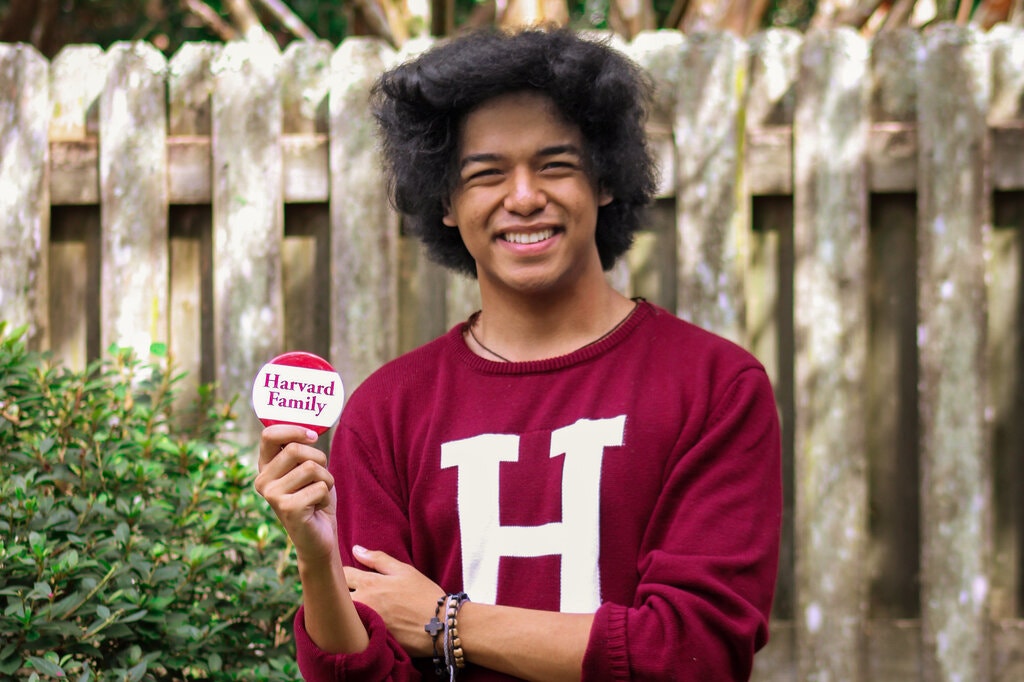How One Student Chose a College During a Pandemic
How One Student Chose a College During a Pandemic
Craig McFarland was accepted by all eight Ivy League schools. At first he committed to Yale, but the ongoing disruptions caused by the coronavirus caused him to change his plans.

By July 17, 2020,
When he was applying to colleges last year, Craig McFarland of Jacksonville, Fla., aimed high and wide. He received 17 acceptance letters in all, including one from each of the eight Ivy League universities, a remarkable feat.
The first, from Yale University, arrived in December, before the coronavirus upended the lives of high school seniors across the country. Mr. McFarland, 18, committed to Yale in early May, when few people imagined that the pandemic would still be raging in the fall.
Now, after shutting down their campuses early in the spring, colleges and universities are announcing that widespread use of online classes will continue through the 2020-21 academic year. They are telling some students that they will not be allowed on campus in the fall. All of this has incoming first-year students like Mr. McFarland rethinking the choices they made before the pandemic. And last month, he changed course. Yale was out. Now he was going to Harvard.
“It was a complicated experience over all,” he said, reflecting on his decision-making process. “When a lot of seniors were making college decisions, we were mainly considering which schools would be the best for us without even really considering the impact of the Covid-19 pandemic on a first year.”
What ultimately swayed him was Harvard’s setting in Cambridge, Mass., just outside Boston, where he has close friends, including longtime family friends. That support network made Harvard more appealing than Yale, in New Haven, Conn., where Mr. McFarland said he would have felt more isolated.
Mr. McFarland, who was the valedictorian of his high school class and will have his delayed graduation on July 20, said he had initially chosen Yale because there were so many things to do on campus and because it had “an amazing dorm life.”
The coronavirus changed that calculus.
“Campus life and on-campus activities are what made Yale, well, Yale to me,” he said, “and those became null, since with the Covid-19 epidemic, on-campus activities, dorm life and the campus social scene will all just be a shell of what they usually are.”
Across the country, millions of students have found themselves struggling with similar decisions. Universities have offered varying guidelines for how, or whether, to welcome incoming and returning students to campus.
“While most colleges that I know of have provided some sort of guidance for the fall, everyone knows that these plans could change on a dime,” said Mandee Heller Adler, the founder of International College Counselors, which helps students apply to and get accepted by colleges and universities. “So students and parents are even wary of what they know, or think they know.”
What many students are paying for, she said, is the full college experience, which includes the relationships they forge with their instructors and fellow students, and the time they spend outside the classroom — things she said she appreciated as a Harvard Business School student.
“I learned the subjects through my coursework, but you could say I learned about the world through my peers and professors,” she said. “Everyone at this point knows that Zoom gets the job done, but it does not replace an in-person relationship.”
Mr. McFarland described the period after committing to Yale as one in which he had been “filled with doubt and an increasing poignant regret” as the Covid-19 crisis worsened.
“I have so much love for the Yale community,” he said. “It’s truly one of a kind, but the Harvard community was a perfect match.”
Mr. McFarland will be among the 40 percent of Harvard’s nearly 6,800 undergraduates — the vast majority of them in their first year — who will be allowed on campus in the fall, according to guidelines the university announced on July 6.
“Classes will be online, but I’m OK with that,” he said.
Mr. McFarland said he was interested in studying molecular and cellular biology, linguistics or biomedical engineering.
His transformation is nearly complete: He has already stocked up on crimson Harvard hoodies, shirts, and hats.
“The thought that I’m going to the best university in the world is just insane, especially given my background, from where I came,” he said.


